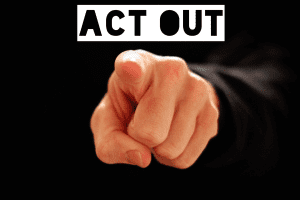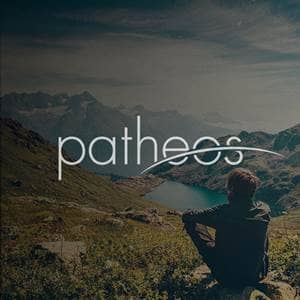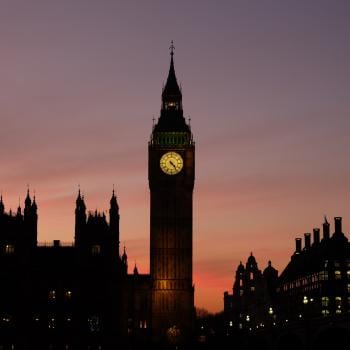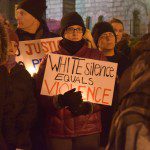This week I sat in on a press conference held by the Don’t Shoot Coalition, a broad alliance of national and St. Louis-based groups dedicated to securing structural change after the shooting of Michael Brown. As part of the press conference the Coalition proposed a set of “rules of engagement” meant to guide protesters and the police ahead of the decision of whether or not to indict Officer Darren Wilson, the shooter.
The proposed rules are eminently sensible: “the first priority shall be the preservation of human life”, they begin, and they go on to include common-sense items like the maintenance of professional standards among police, allowing Media and Legal Observers to work unmolested, and arresting only those who actually break the law – rather than mass arresting people simply for protesting.
The rules are sensible. The reaction to them – on twitter and in the comments section of media reports – was not:
“The only way to soothe their disappointment and calm racial tension is to agree with their ridiculous terms.They must be on drugs to think this will happen.”
“Their response will NOT be dictated by thugs, “community organizers,” or politicians who want to interfere, stir the pot, or cause further racial tensions.”
“It’s like hearing the terrorist asking you to stay still like a nice dog during their act of terror. If you behave like a terrorist, you will be treated like a terrorist. Plain and simple!”
“If citizens act in a civil manner when Wilson is cleared, no problem. If people get out of hand, I say “game on” to police. Bring out the big guns, the military gear, and the armored vehicles.”
“I thought it was the policy of our government that WE DO NOT NEGOTIATE WITH TERRORISTS!”
That’s a selection from the first ten comments on the St. Louis Post Dispatch’s coverage of the press conference (at the time of writing). The first ten of 136. To these people – and to some unpleasant folks I sparred with on Twitter – the concept of communities negotiating with the police on their own behalf is sacrilegious. The police exist to enforce the law, and we should have no say in how they do that. We are at their mercy.
This is precisely the wrong way to think about the police. The police are public servants employed by us to ensure we have access to our rights: to “protect and serve”. What they are protecting is our right to live as free citizens in a democracy: our right to protest, our right to march. our right to speak out – even when that speech is impassioned, angry, and denigratory to the police themselves. What they are serving is the ideal of a just and safe society in which all people – all people, including protesters – can exercise their legitimate freedoms.
The police exist to protect our right to protest, to serve us as we raise our voices. They should facilitate protest, not seek to squash it.
Police do not exist to protect the status quo. The purpose of the police is not to enable the privileged to go about their business unencumbered with the messiness of democracy. They do not exist to serve the powerful when the powerful seek to stifle the voice of the people. “To protect the privileged against the oppressed, and to serve the interests of the powerful over the interests of the people” – this is not the police oath.
Yet this is how policing in Ferguson has been conducted too often in recent months. Too often police have acted as rulers rather than servants, bullies rather than allies. The excessive, militarized response by police in the face of protests only serves to exacerbate further violence, and to invert the proper relationship between a citizenry and it’s police force. Our police force.
When this relationship is inverted responsible police officers – officers who conduct their affairs with honor and restraint – suffer as their good name is tarnished by the irresponsible actions of other officers. All police come to be seen as the enemy, and those who act heroically in defense of justice are lumped in with those who merely seek to preserve an unjust “peace”. Everyone suffers when the police treat citizens exercising their right to protest as combatants whose uprising must be quelled.
In a true republic, as America aspires to be, we the people make the rules. We set the rules of engagement so that we can fully exercise our legitimate freedoms. Protesters have every right to entreat the police to act professionally, responsibly, and with respect for human life and dignity. The alternative to citizen control of the police is police control of the citizenry.
That is what we call a police state.
















